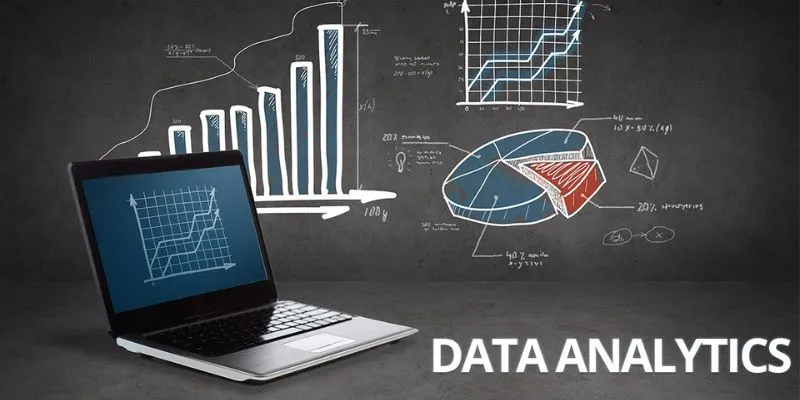
People often compare data to oil, but on its own, data is not very useful. Today, businesses gather huge amounts of information from customers, social media, smart devices, and their own operations. The real challenge is turning all this information into insights that help make better decisions and spark new ideas. Artificial Intelligence is changing how companies analyze data. With tools like machine learning and automation, AI helps organizations find patterns, predict trends, and make decisions more quickly. If you want to learn these skills and start a strong career, a Data Analytics Course in Trichy at FITA Academy offers practical training and industry knowledge to help you succeed.
From Traditional Analytics to AI-Driven Insights
Traditional data analytics focused on describing and diagnosing past events. Analysts spent a lot of time collecting, cleaning, and modeling data to figure out what happened before. This process was valuable but often slow and didn’t help much with planning ahead. With AI, organizations can now use predictive and prescriptive analytics to look forward, anticipate what might happen next, and get recommendations for the best actions to take.
For example, instead of simply analyzing last quarter’s sales numbers, AI-powered tools can predict upcoming demand based on seasonality, consumer behavior, and market trends. This shift helps businesses stay ahead of the curve rather than reacting after the fact.
The Power of Machine Learning in Data Analytics
Machine learning, a part of AI, is now central to how companies analyze data. These algorithms learn from large amounts of information. As a result, their predictions improve over time, allowing them to adjust as new data becomes available. Unlike older models, machine learning can also handle complicated data such as text, images, or live sensor feeds.
For example, e-commerce platforms use machine learning algorithms to suggest products based on history and purchase behavior. Banks and financial institutions apply machine learning to detect fraud by quickly recognizing unusual transaction patterns. The quick and adaptable nature of AI-driven analytics gives businesses a competitive edge in the market.
Natural Language Processing and Data Accessibility
A major challenge in analytics has always been making data easy to understand. Business leaders usually need help from technical teams to make sense of complicated reports. Natural Language Processing, or NLP, is helping solve this problem by letting people analyze data through simple conversations.
With NLP, decision-makers can simply ask questions like, “What were last month’s top-performing products?” and instantly receive clear answers. This democratization of data makes analytics more accessible across organizations, empowering non-technical teams to harness insights without needing advanced data science expertise.
Automation for Faster, Smarter Decisions
AI also streamlines repetitive tasks in the analytics workflow, such as dAI can also take care of repetitive tasks in analytics, like cleaning, combining, and showing data. With automated machine learning tools, companies can build and use models faster, even if they don’t have a lot of technical experts. This means teams can spend more time making important decisions instead of doing routine work. Industries like healthcare, logistics, and finance need to respond to changes instantly. For example, hospitals can use AI to monitor patient vitals and predict critical conditions, while logistics companies can optimize routes dynamically to save time and fuel.
Ethical and Governance Considerations
AI is changing data analytics in exciting ways, but it also brings new challenges. Companies need to pay attention to things like data privacy, fairness, and making sure their systems are transparent. To build trust, it’s important to have good rules in place, check models regularly, and help teams understand how AI works. This way, the insights from AI are both reliable and ethical.
The Future of Data Analytics with AI
As AI technologies evolve, their integration into analytics will only deepen. Future strategies are likely to include more advanced predictive models, augmented analytics (where AI assists human analysts), and self-service platforms that make data exploration even more intuitive. Businesses that embrace AI-driven analytics today will be better equipped to innovate, adapt, and thrive in a rapidly changing digital landscape. AI is reshaping analytics with smarter insights and faster decisions. Enrolling in a Data Analytics Course in Salem equips you with the skills to thrive in this data-driven era.
